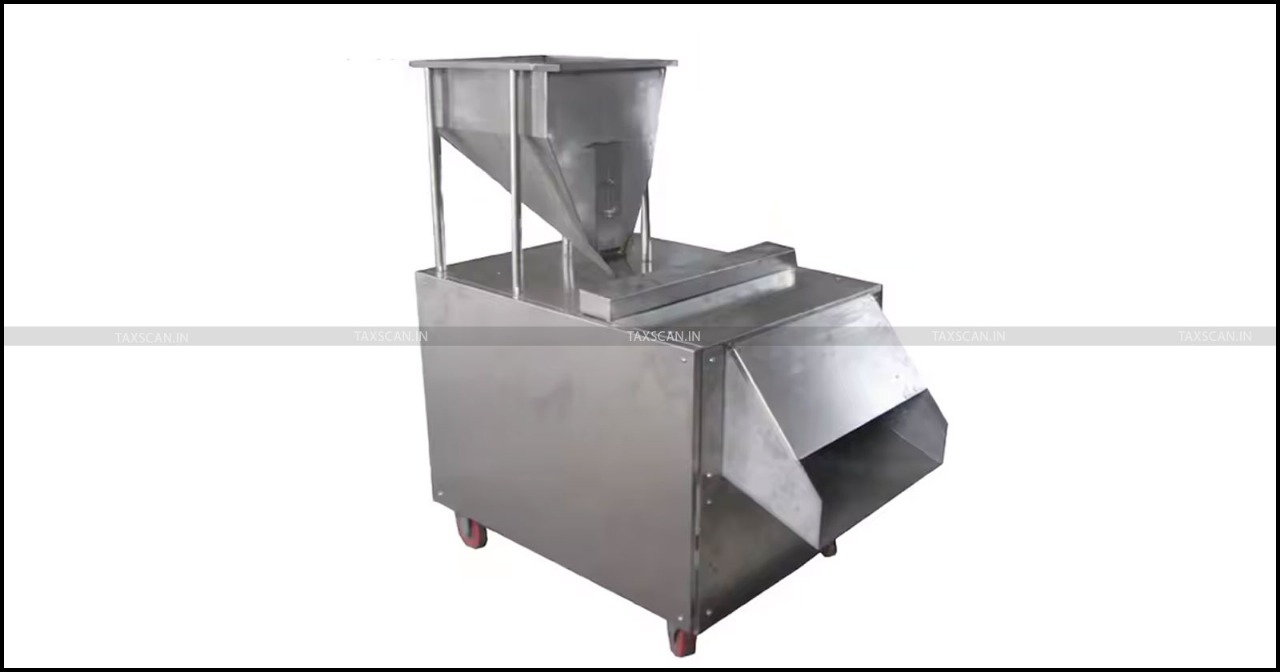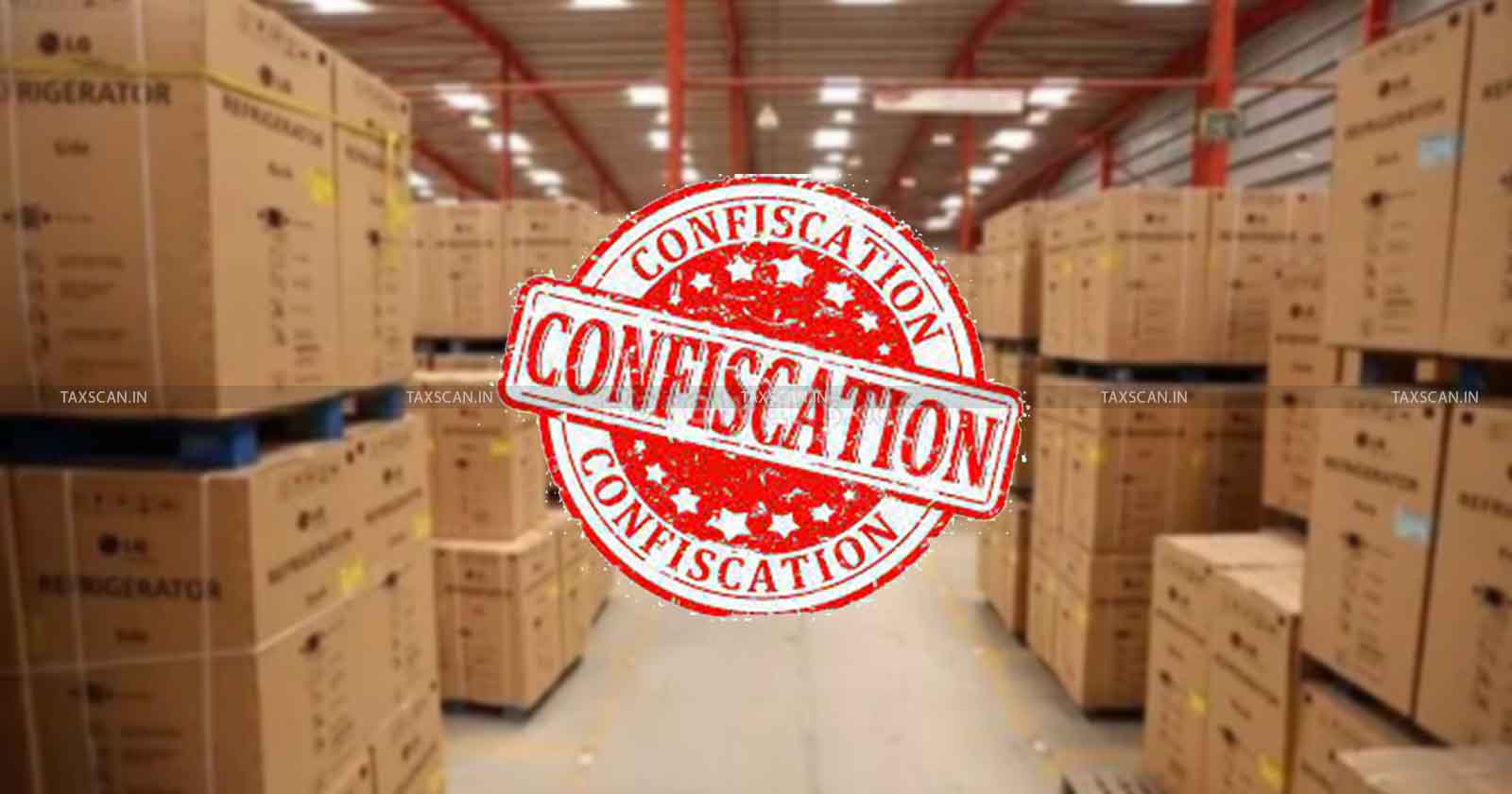Relief for Hindustan Petroleum: CESTAT Rules Intermixing of Petroleum Products in Pipelines Is Not Manufacture, No Higher Duty Payable [Read Order]
CESTAT held that intermixing of petroleum products during pipeline transfer is not manufacture and does not attract higher excise duty
![Relief for Hindustan Petroleum: CESTAT Rules Intermixing of Petroleum Products in Pipelines Is Not Manufacture, No Higher Duty Payable [Read Order] Relief for Hindustan Petroleum: CESTAT Rules Intermixing of Petroleum Products in Pipelines Is Not Manufacture, No Higher Duty Payable [Read Order]](https://images.taxscan.in/h-upload/2025/07/21/2067045-relief-for-hindustan-petroleum-hindustan-petroleum-cestat-cestat-rule-taxscan.webp)
The Mumbai Bench of the Customs, Excise, and Service Tax Appellate Tribunal (CESTAT) held that intermixing of petroleum products during pipeline transfer does not amount to manufacture and cannot attract excise duty at higher rates applicable to finished products like Motor Spirit (MS) or High-Speed Diesel (HSD).
Hindustan Petroleum Corporation Ltd. (HPCL), the appellant, operates a refinery at Mahul, Mumbai, and transports petroleum products such as MS, HSD, and Superior Kerosene Oil (SKO) through pipelines to various depots.
 Also Read:No Countervailing Duty on Areca Nut Processing Machines Imported for Pan Masala Production: CESTAT [Read Order]
Also Read:No Countervailing Duty on Areca Nut Processing Machines Imported for Pan Masala Production: CESTAT [Read Order]
Due to sequential pumping, a small quantity of intermixing occurs at the junctions between product batches, this intermixed quantity is known as “interface” or “transmix.” HPCL classified this interface material as SKO and paid excise duty applicable to industrial SKO, which is higher than the rate applicable to SKO sold under the Public Distribution System (PDS).
Comprehensive Guide of Law and Procedure for Filing of Income Tax Appeals, Click Here
The department issued a show cause notice demanding excise duty of ₹46.49 crore, alleging that the intermixed product had taken on the character of MS or HSD and was therefore liable to be taxed at the higher duty rate applicable to those products. The Commissioner upheld the demand and imposed equivalent penalties under Section 11AC of the Central Excise Act, 1944. HPCL challenged this order before the CESTAT.
 Also Read:Temporary Storage Outside Bonded Area is Not Unauthorized Removal: CESTAT Quashes Customs Confiscation and Penalty [Read Order]
Also Read:Temporary Storage Outside Bonded Area is Not Unauthorized Removal: CESTAT Quashes Customs Confiscation and Penalty [Read Order]
The appellant’s counsel argued that intermixing occurs solely due to pipeline operations and cannot be treated as a manufacturing activity. They further submitted that duty had already been discharged correctly on the intermixed SKO using the rate applicable to industrial SKO, which was appropriate under the law.
The revenue’s counsel argued that the CBEC circular dated 22.04.2022 supported the demand and directed that excise duty be paid on intermixed products at the rate applicable to the product with the higher value MS or HSD in this case. They argued that the interface SKO effectively formed part of these finished products and should be taxed accordingly.
Comprehensive Guide of Law and Procedure for Filing of Income Tax Appeals, Click Here
The two-member bench comprising S.K. Mohanty (Judicial Member) and M.M. Parthiban (Technical Member) observed that SKO, MS, and HSD are separately classified under Chapter 27 of the Central Excise Tariff Act and have distinct technical standards. The tribunal found no evidence to show that the intermixed SKO met the required specifications to be reclassified as MS or HSD. It further observed that excise duty is levied at the time of removal from the factory, and HPCL had correctly paid duty based on the classification at that stage.
The tribunal also examined the CBEC circular relied upon by the department and held that it lacked statutory backing. Referring to Supreme Court judgments, the tribunal emphasized that departmental circulars must align with statutory provisions and cannot be enforced if contrary to settled law.
The tribunal ruled that there was no manufacture involved in the process of intermixing during pipeline transfer and that the appellant had correctly classified and paid duty on the interface quantity. The tribunal set aside the demand and penalties imposed by the Commissioner and allowed the appeal with consequential relief to HPCL.
Support our journalism by subscribing to Taxscan premium. Follow us on Telegram for quick updates


